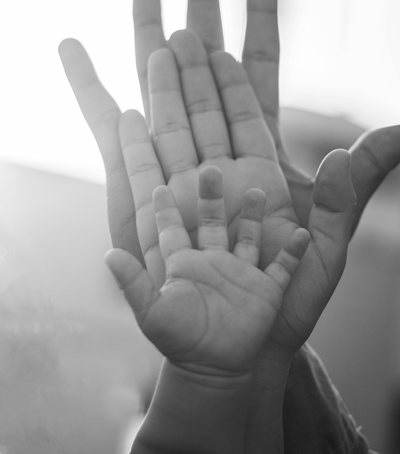
Never before has the gap between generations been so stark. The younger generation lives in a digital world, where communication is immediate, direct, and often emotionally filtered. Meanwhile, the generation of parents comes from a time when discipline, respect, and structure were the main ways to express love. This creates a lot of misunderstanding: what the parent calls “care,” the child may experience as “control”; what the child sees as “freedom,” the parent feels as “lack of respect.”
Two worlds in need of translation
The generation of parents is accustomed to authority and order, a way of upbringing that was inherited from the need for survival, stability and order. The generation of children, on the contrary, grows up in an open reality, where the main value is authenticity and self-expression.
They do not seek to be obeyed without understanding, but to be heard. They do not need fear, but dialogue. And this fundamental difference creates an emotional gap, which cannot be bridged by rules, but by understanding.
When love speaks in different languages
Psychologists call this “emotional language shift.”
For parents, love is often expressed through sacrifice – through care, through work, through giving everything without words.
For today's children, love is understood through communication, presence, and emotional attention.
Both are forms of love, but coded differently. A parent who stays up all night for their child and a child who silently asks for a hug speak the same language with different words.
Our job is to translate them.
How to build bridges between generations
The bridge between generations is not built on arguments, but on curiosity to understand each other.
Parents need to listen without judgment, to understand that difference is not disrespect, but a different way of being.
Children need to understand the context their parents come from – a generation that learned love through patience, not through words.
Dialogue begins when each party recognizes that they do not have a monopoly on the right, but have their own valuable experience.
Sensitive Parenting and Conscious Childhood
If we want to unite these two worlds, we must move towards sensitive parenting and conscious childhood.
Parents who ask “how do you feel?” instead of “why did you do it?”, and children who ask “how was it for you?” instead of “why don't you understand me?”, create relationships that are based on empathy, not power.
Because love between generations is not lost – it just requires a new way to be heard.
In the end, generations don't have to speak the same language to be understood – they just need to want to understand. And where words fail, the heart always finds its own translation.
Image by Juergen Striewski from Pixabay





